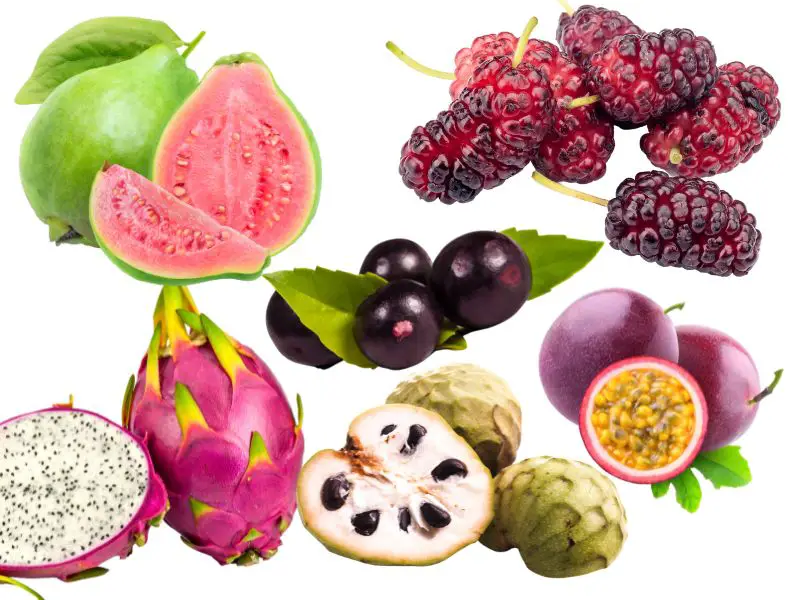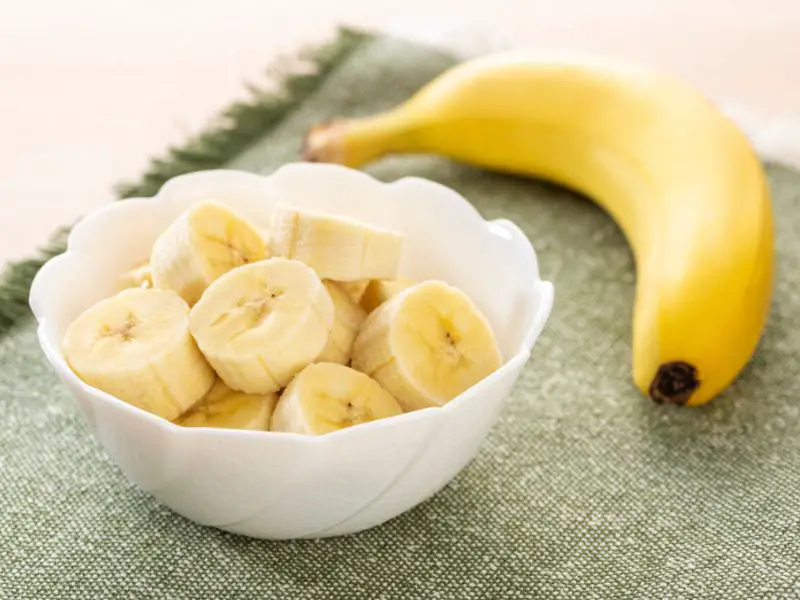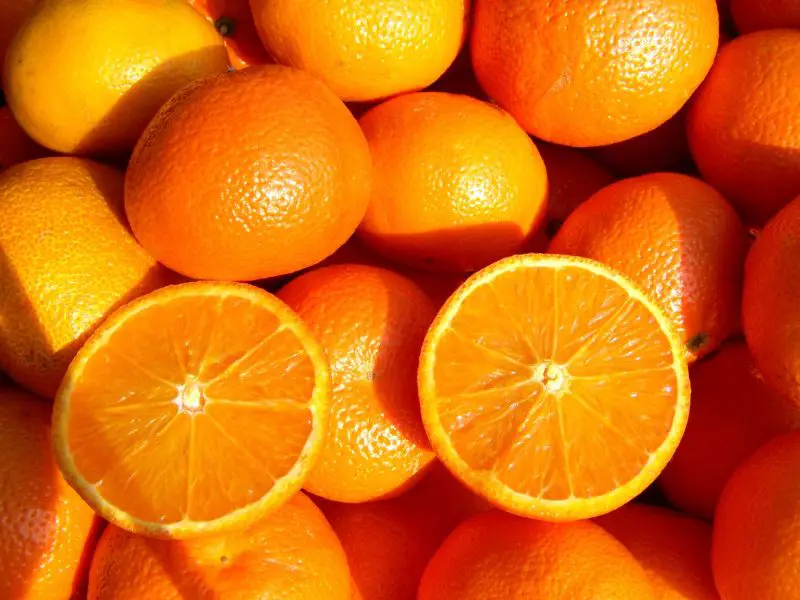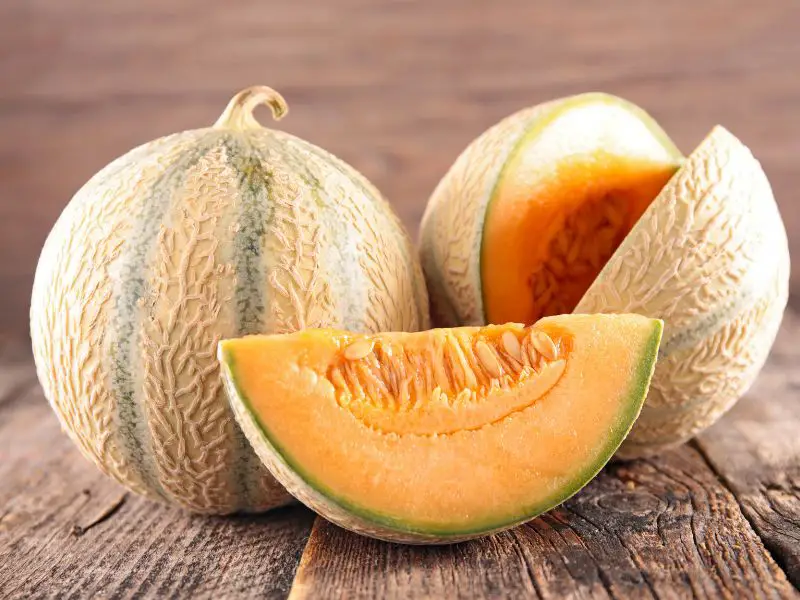Fruits are widely known to be a significant source of essential vitamins and minerals but have sugar in fruit earned a bad reputation? There are concerns about the natural sugars in fruits and their effects on our health. In this article, we’ll inspect whether or not sugar in fruits is bad for you. We’ll also see the benefits of consuming fruit regularly and some of the healthiest one there are.
Are Fruits Loaded With Sugar?
It has been well-established through various research studies that excessive intake of added sugar can have detrimental effects on one’s health. This includes ordinary table sugar (sucrose) and high fructose corn syrup, composed of approximately half glucose and half fructose. Fructose, in particular, has been shown to impact metabolic health when consumed in large quantities negatively.
It is important to note that some individuals may have the misconception that fruits, which also contain fructose, are harmful to consume in excessive amounts. However, this is different. Fructose is only dangerous when consumed excessively, and it is doubtful that an individual would consume such amounts through fruits. Therefore, it can be safely inferred that consuming the natural sugars in fruits is not harmful to most individuals.
Different Forms of Sugar Found in Food
Sugar can come in various forms, including monosaccharides like glucose and fructose and disaccharides like sucrose and lactose. Fruits contain natural sugars, a combination of sucrose, fructose, and glucose. It is important to note that while excessive sugar consumption can be harmful, the natural sugars found in fruits are not detrimental to health when consumed because it limited to moderate amounts.
It is also important to note that consuming excess sugar from foods and drinks that consist of “free sugars,” which are sugars that have been removed from their natural source and added to food and beverages, can be more easily done than consuming excessive amounts of fructose through eating whole fruits.
Natural vs. Added Sugars
It’s an excellent idea to cut down on added sugars as much as possible, like the ones you find in corn syrup, high fructose corn syrup, honey, agave, and table sugar. But don’t worry about the sugar in fruits unless you have a medical condition. Fruits usually have less sugar than processed snacks like energy bars, cereal, coffee sweeteners, juices, and canned fruits.
Eating fruits is good for you, so eat your favorites or try something new. Some fun fruits to try are:
- Dragon fruit
- Cherimoya
- Passion fruit
- Guava
- Mulberries
- Acai

Benefits of Eating Fruit
Fruit consumption has numerous benefits, which are likely to be more beneficial than any potential drawbacks. Some of these benefits include:
- Increased fiber intake: Including fiber in one’s diet can lead to a feeling of satiety, a decrease in food cravings, promotion of gut bacteria, and aid in weight management. Additionally, maintaining a consistent blood glucose level, which can be especially beneficial for individuals with diabetes, may also be achieved through fiber consumption.
- Lower sugar consumption: Swapping sweet snacks with fruit may lead to a decrease in sugar and calorie consumption.
- Better overall health: Eating fruit has been associated with various health advantages. A 2017 study found that incorporating fruits and vegetables into one’s diet may decrease the likelihood of mortality. Including fruits and vegetables in a diet may reduce the risk of specific health issues like heart disease and cancer.
- Reduce the risk of obesity: Incorporating fruit into one’s diet may decrease the likelihood of obesity and related health concerns.
Why Do We Need to Eat Fruit?
Fruits are a valuable addition to a balanced diet, as they contain various nutrients and can provide health benefits. For example, fruits are a good source of fiber, which can help to protect against bowel cancer and may also help to control hunger. They also contain nutrients such as potassium and flavonoids, which can support heart health.
Eating fruits, alone or in combination with vegetables, has been linked to a lower risk of certain diseases. Despite the benefits of fruit consumption, it is still common for people to fall short of the recommended intake. It’s worth noting that there are many ways to incorporate fruits into your diet, whether it’s through bananas, apples, or small fruits like plums or apricots or a cup of grapes or berries.
When Is the Time to Avoid Fruit?
Fruit is usually a tasty and healthy addition to any diet, but some folks may need to avoid it for specific reasons. For example, if you have a food allergy or intolerance to certain fruits, it’s best to steer clear of them. Similarly, if you’re following a very low-carb or ketogenic diet, you may need to limit your fruit intake because of the carb content.
However, it’s important to remember that this doesn’t mean you have to cut out fruit completely – it’s all about meeting the right balance for your body and dietary needs. And if you have diabetes, don’t believe the myth that you should avoid fruit – it’s a great choice as long as you keep track of your intake like any other food.
5 of the Healthiest Fruits
Want to know what fruits are the healthiest? It’s difficult to determine, however, the most important factor is that you are consuming a greater amount of fruits. Many people in the US don’t eat enough fruit, so fruits are good if you add more to your diet. When choosing fruits, go for affordable and easy-to-find.
Pick fruits that you’ll enjoy eating. Mixing it up and trying different fruits is a great way to ensure you get all the nutrients you need. If you’re on a special diet, talk to a doctor or dietitian about what fruits are best for you. But if you’re looking for healthy and budget-friendly options, here are five fruits to consider.
1. Watermelon
Watermelon is a great budget-friendly fruit, especially during its summer harvest season. Enjoy it as a crunchy snack by cutting it into wedges or cubes, or blend it for a refreshing juice.

2. Bananas
Bananas are a convenient and delicious way to boost your energy. Whether you’re on the go or want a tasty topping for your toast and peanut butter, they’re a great option. Plus, if you have some ripe bananas hanging around, don’t throw them away. They’re perfect for making tasty banana bread or other baked goodies.

3. Oranges
A great fruit to have on hand when you’re on the go. They’re easy to grab and take with you as a snack. You can also cut them up and freeze the wedges for a refreshing treat on a hot day. Another way to enjoy oranges without the hassle of peeling is by getting canned mandarin oranges in juice. They’re cheap and easy to find at the store. Plus, you can eat them straight out of the can or use them to top salads or yogurt. So, they are a great way to enjoy the taste of oranges.

4. Apples
Apples are a great snack because they’re super filling. The peel (skin) is packed with fiber, so eating a whole apple is way more satisfying than drinking apple juice or eating applesauce. You can slice an apple and eat it with cheese and crackers or use it as a topping for oatmeal. And if you’re feeling fancy, you can even grate an apple and add it to muffins or other baked goods.

5. Cantaloupe
Cantaloupe is packed with Vitamin A and is an excellent addition to any fruit salad. Plus, it’s usually affordable, and a little goes a long way. It’s also versatile – does it pair well with spicy and salty flavors? Try it with lime juice and chili-lime seasoning for a tasty treat. If you have fresh mint, toss that in too.

Bottomline
In conclusion, the sugar found in fruit is okay for you. Consuming fruits as part of a healthy diet can provide numerous health benefits due to their high nutrient and fiber content. The natural sugar in fruits is also less processed and less concentrated than added sugars in processed foods. However, it is important to keep portion sizes in mind and avoid consuming too much sugar. Whether it comes from fruits or other sources, it is also recommended to consume various fruits to get different nutrients and antioxidants.
You may also be interested in: Growing Strawberries, Vegan Alternative Protein Sources, Healthy Snacks for Teens

